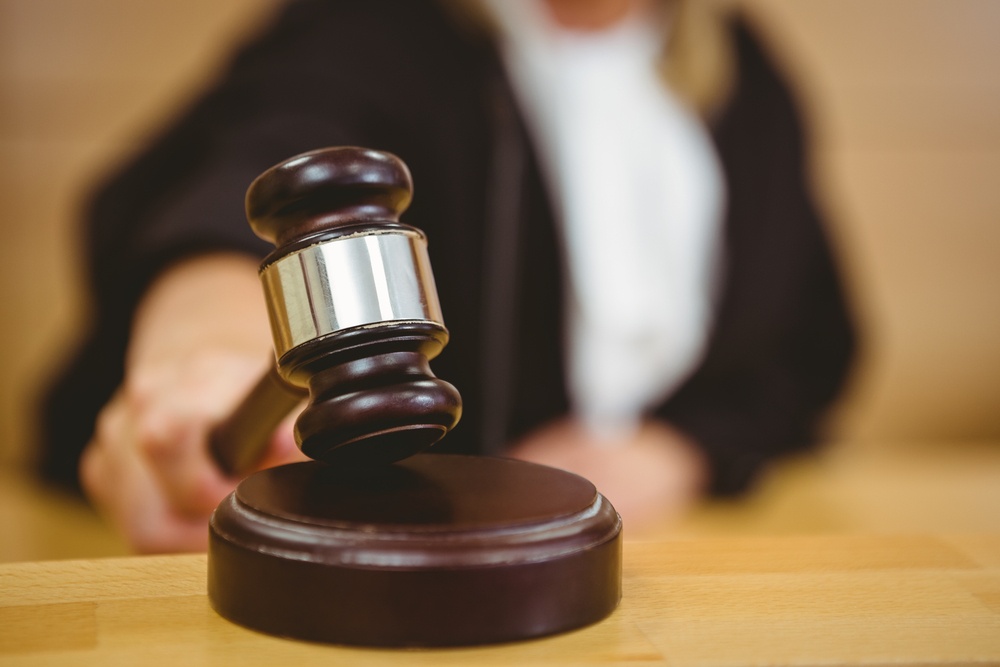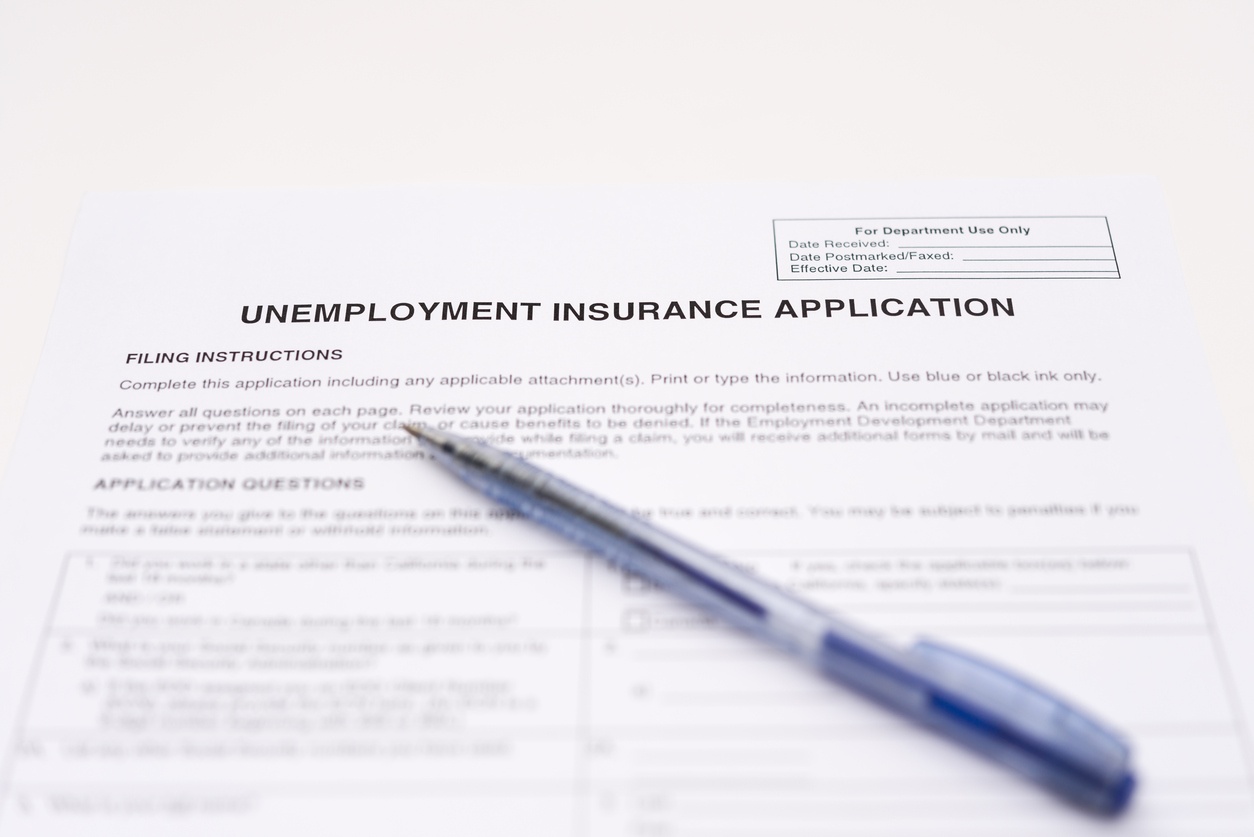If you decide to contest an unemployment insurance claim, one of two results will happen. The benefits will either be approved or denied by a state board and both parties accept the outcome, or the decision is made but either you or the former employee decide to appeal. When this happens, an unemployment insurance hearing will be scheduled.
The hearing process
While the hearing is recorded, it’s a more informal gathering than something that happens in a court room. It will be presided over by an Administrative Law Judge (ALJ) and both you and the former employee should be present, along with any involved attorneys. As the employer, you will typically go first and present your evidence and testimony about the worker’s employment. Witnesses may be included.
After your testimony, the employee can cross-examine both you and the witnesses before presenting their own side of the story. Once they and all their witnesses have gone, you have the opportunity to ask questions from them as well. At any point, the ALJ can inquire about additional information. At the end of the hearing, the ALJ issues a written decision.
Should you attend?
The answer is always yes. Whether the initial decision was in your favor or not, you need to attend to represent your side of the story. Failure to do so can award the appeal to the employee and potentially have you dispensing UI benefits that weren’t actually required.
If you appeal the decision to award benefits you should be at the hearing to refute the decision and show your evidence why it should be reversed. If the employee is initially denied and you think you’re safe, they can attend the meeting with witnesses, and have it overturned simply because you weren’t there to state your case again.
A ruling against you
If the ALJ decides the employee should receive benefits, you still have one more opportunity to contest. The Review Board is the final say in UI cases, with strict deadlines that must be met to be considered. Ordinarily new evidence cannot be submitted, so they review all the information from the hearing. From this level, you may be able to take a decision one step higher to the state court of appeals, but this is a more challenging prospect.
Never miss a deadline
When it comes to UI claims, the most important thing to remember is hitting all your deadlines. Failure to contest or appeal a claim on time could mean you’re unnecessarily overpaying unemployment insurance. Our customizable Unemployment Tracker software puts you in control and helps manage your UI claims more efficiently. Request a live demo today and see how it can work for you!
.png?width=864&height=165&name=uet-2logos%20(1).png)




